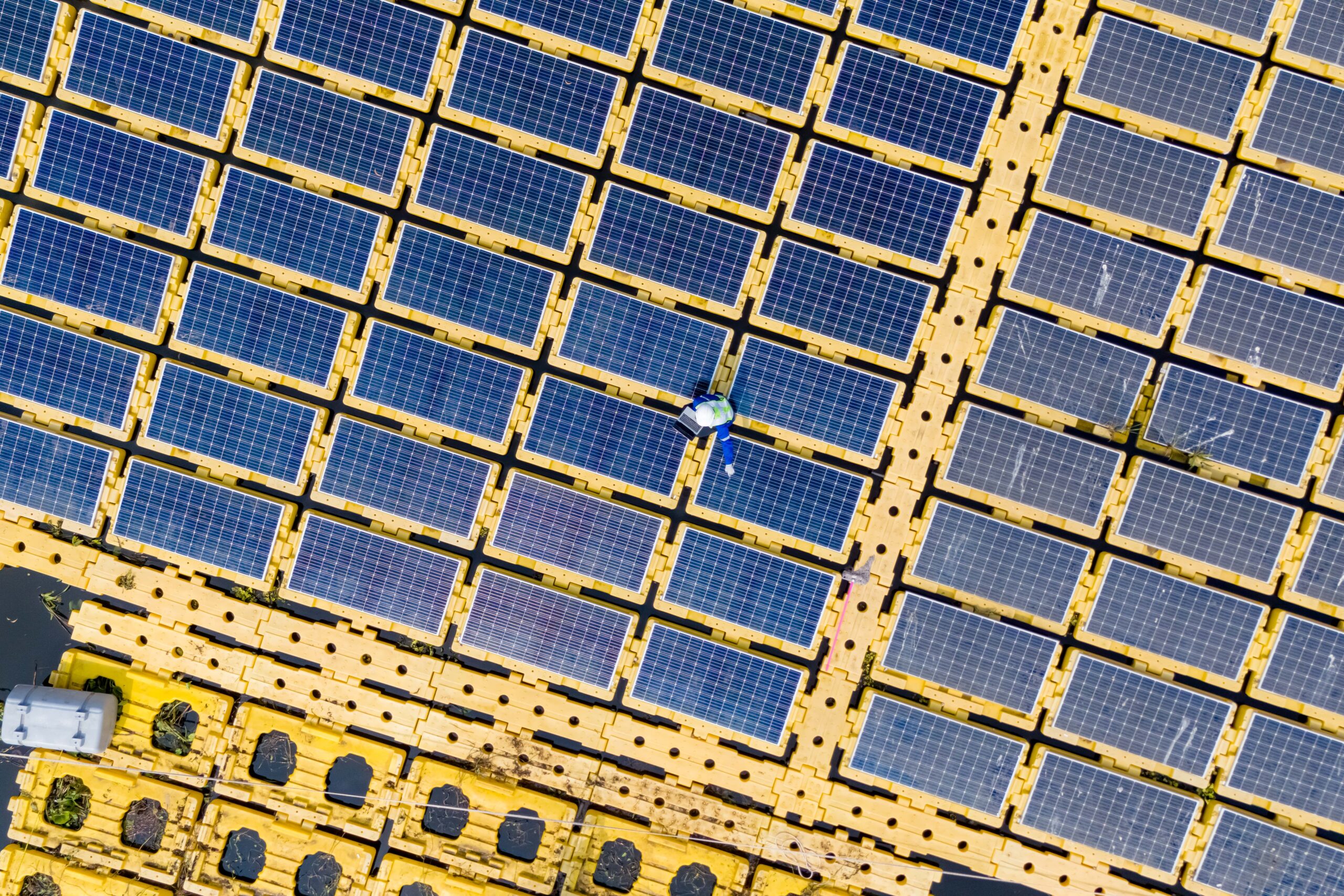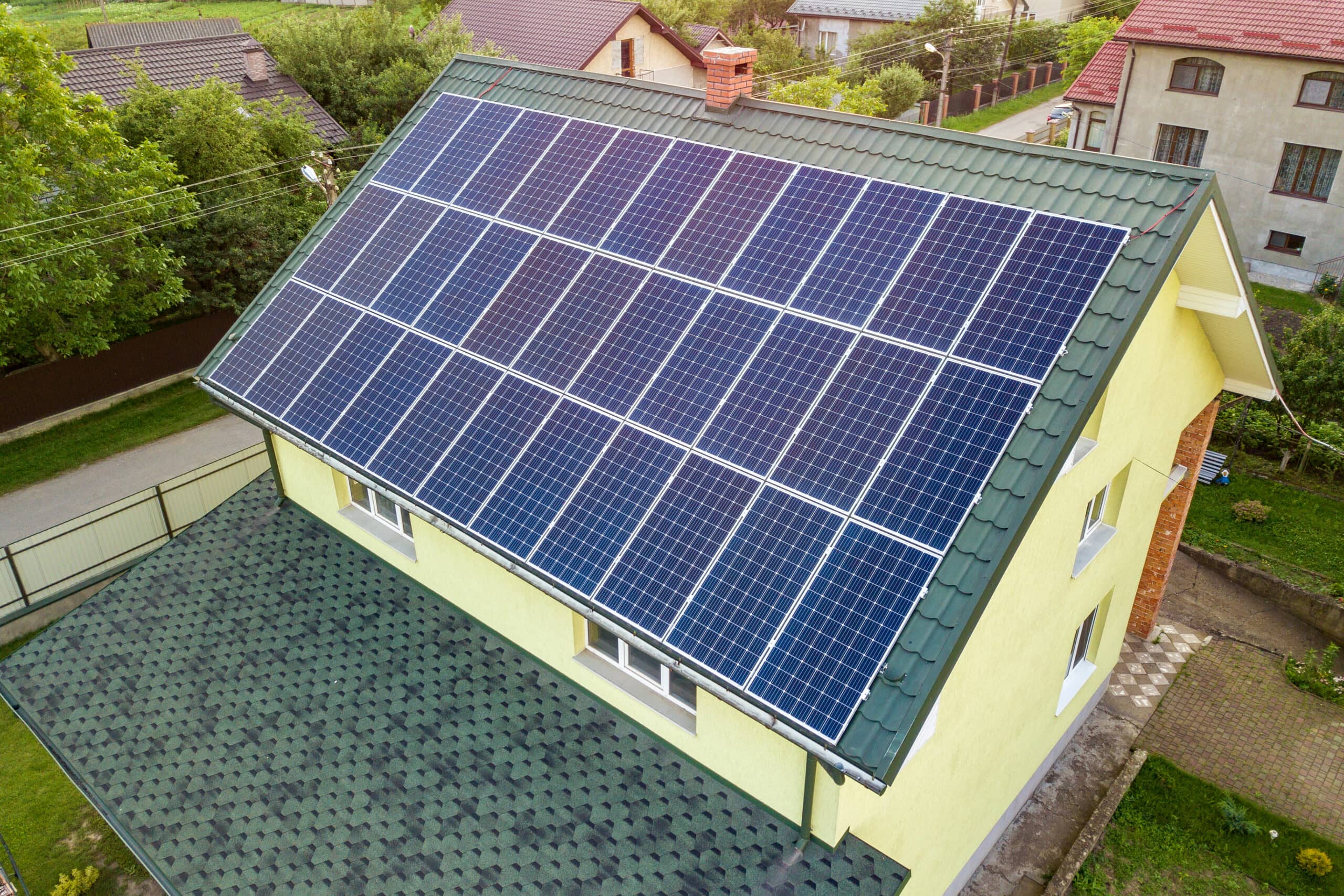The Nova Scotia Power Solar Program is an essential initiative for individuals and businesses utilizing solar energy in Nova Scotia. This program has a significant role in harnessing the sun’s power to generate electricity, reducing reliance on traditional energy sources while promoting sustainability. One intriguing aspect of the program is the opportunity for participants to sell any surplus power they generate back to the grid. This article is your ticket to diving into the details of selling power back to the grid in Nova Scotia. So, let’s jump right in and explore the benefits and considerations of this electrifying opportunity!
How the Nova Scotia Solar Program Works
The First thing you would need to do is install solar panels. You’ll need to find a reputable solar installer who can assess your property and design a system that meets your energy needs. They’ll handle the installation, ensuring the panels are properly mounted and connected to your electrical system.
Once your solar panels are installed, you must connect them to the grid. This is known as grid interconnection. It involves installing a bi-directional meter that can measure the electricity you consume from the grid and the surplus electricity you generate and send back to the grid.
Now, let’s talk about net metering. Net metering allows you to earn credits for the surplus electricity you generate. When your solar panels produce more electricity than you use, the excess electricity is fed back into the grid, and you earn credits for it. These credits can offset the electricity you consume from the grid when your solar panels aren’t producing enough electricity, such as at night or during cloudy days.
When you use electricity from the grid, the credits you’ve earned through net metering will be deducted from your bill, reducing your overall energy costs. Understanding the time frame to use these credits is important because they typically expire. Usually, credits earned through net metering can be carried forward for a certain period, such as one year, but it’s best to check with your utility provider for specific details.
Understanding the ins and outs of net metering and the time frame for using credits is important to maximize the financial benefits of selling power back to the grid. It’s always a good idea to stay informed and keep track of your energy usage and credit balance to make the most of your solar investment.
Becoming a Nova Scotia Power Solar Customer and Upfront Incentives
Becoming a customer of Nova Scotia Power’s solar program is an exciting step towards harnessing the sun’s power! Here’s what you need to know about the process, requirements, and upfront incentives:
1. Process and Requirements: To become a solar customer, follow these steps:
- Find a qualified solar installer to design and install your solar panel system.
- Apply to Nova Scotia Power, and upon approval, receive permission to operate your solar system and connect it to the grid.
2. Installing Solar Panels and Connecting to the Grid: Work with a qualified solar installer to assess your property, determine optimal panel placement, handle installation, and ensure compliance with program requirements.
3. Benefits of Being a Nova Scotia Power Solar Customer:
- Generate clean energy
- reducing reliance on traditional sources.
- Earn credits through net metering for excess electricity, offsetting future electricity bills.
- Contribute to a more sustainable future for Nova Scotia.
- Potentially qualify for financial incentives or rebates to offset installation costs.
4. Upfront Incentives: Nova Scotia government offers rebates and grants to support solar system installations:
- Rebates help offset initial costs, making solar energy more affordable.
- Grants from government programs or organizations provide additional financial support.
By becoming a Nova Scotia Power solar customer, you embrace renewable energy, enjoy financial benefits, and contribute to a greener future.
Selling Power Back to the Grid
Having a solar energy system on your property means generating electricity from captured sunlight. This electricity can power your home or business. Occasionally, your system might produce more electricity than needed, sending the surplus back to the grid, the more extensive electrical system serving your area. To engage in net metering, a bi-directional meter tracks your grid consumption and excess electricity sent back, granting credits on your electricity bill. These credits offset costs when your system doesn’t generate enough power, like during nighttime or cloudy days.
Let’s discuss the benefits and considerations of net metering and selling power back:
Benefits:
- Cost Savings: Net metering lets you cut electricity bills using excess generated power, akin to earning credits for grid contributions.
- Environmental Impact: Generating clean, renewable energy reduces your carbon footprint, contributing to sustainability.
Considerations:
- System Sizing: Properly size your solar system to meet energy needs; under-sizing limits surplus generation, while oversizing may lead to excess unutilized or unsold power.
- Grid Connection: Ensure your solar system connects to the grid for net metering participation, meeting utility provider requirements.
Regulatory Compliance: Adhere to specific regulations and guidelines for net metering participation, ensuring regulatory alignment.
Environmental and Economic Impact
Selling power back to the grid has both environmental and economic benefits! Let’s talk about them:
Environmental Benefits:
- Reduced Carbon Emissions: By generating clean, renewable energy through solar power, you’re helping to reduce greenhouse gas emissions. This contributes to mitigating climate change and promoting a healthier environment.
- Increased Renewable Energy Integration: When more people participate in net metering and sell power back to the grid, the overall share of renewable energy in the electricity mix increases. This reduces reliance on fossil fuels and promotes a more sustainable energy system.
Economic Impact:
Cost Savings: Solar energy users participating in net metering can significantly reduce their electricity bills. By generating their power and selling excess energy back to the grid, they offset the cost of electricity they consume from the grid, resulting in long-term savings.
Job Creation: The growth of the solar energy industry and net metering programs can lead to job creation in various sectors, such as installation, maintenance, and manufacturing of solar equipment. This contributes to local economic development and employment opportunities.
Importance of Renewable Energy Initiatives:
- Energy Independence: By generating your power through renewable sources like solar energy, you become less dependent on traditional energy sources. This reduces reliance on imported fossil fuels and increases energy security.
- Sustainable Development: Investing in renewable energy initiatives like net metering and selling power back to the grid aligns with sustainable development goals. It promotes a transition to cleaner energy sources, reduces environmental impacts, and supports a more sustainable future.
Participating in net metering and selling power back to the grid benefits individuals by reducing electricity costs. It has positive environmental and economic impacts on Nova Scotia and the broader energy market. It’s an essential step towards a greener and more sustainable energy future.
Selling power back to the grid has significant environmental benefits. It helps reduce carbon emissions by generating clean, renewable energy and contributes to a healthier environment. Additionally, it promotes integrating renewable energy into the electricity grid, reducing reliance on fossil fuels and supporting a more sustainable energy system.
On the economic front, solar energy users participating in net metering can enjoy cost savings by offsetting their electricity bills. This can lead to long-term financial benefits. Moreover, the growth of the solar energy industry and net metering programs can create job opportunities in the installation, maintenance, and manufacturing sectors, contributing to local economic development.
Renewable energy initiatives like selling power back to the grid are crucial. They offer energy independence by reducing dependence on traditional energy sources and promoting a transition to cleaner, more sustainable alternatives. By investing in renewable energy, we can work towards sustainable development goals and create a more sustainable future for Nova Scotia.
Explore solar energy options and consider selling power back to the grid. It not only benefits you financially but also has a positive impact on the environment and the local economy. By embracing renewable energy, we can unlock the full potential of Nova Scotia and pave the way for a greener and more sustainable future.
Remember, every small step towards renewable energy counts; together, we can make a difference. So, let’s harness the sun’s power and contribute to a brighter future for all.




